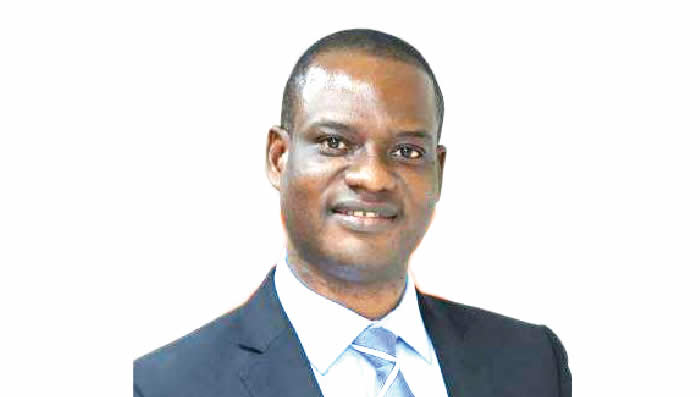Paragraph 1: The Genesis of Nigeria’s Tax Reform Debate
Nigeria’s tax system, a relic of its colonial past, has long been recognized as a significant impediment to the nation’s economic growth and development. In October 2024, President Bola Tinubu introduced four pivotal Tax Reform Bills to the National Assembly, aiming to modernize and streamline the country’s tax laws and administration. These bills, encompassing the Nigeria Tax Bill 2024, the Tax Administration Bill, the Nigeria Revenue Service Establishment Bill, and the Joint Revenue Board Establishment Bill, sought to consolidate existing tax legislation, improve tax collection efficiency, and ultimately enhance revenue generation. However, the proposed reforms were met with immediate resistance from various stakeholders, sparking a national debate on the distribution of tax revenues and the potential impact on different regions of the country. One of the most contentious aspects of the proposed reforms was the restructuring of the Value Added Tax (VAT).
Paragraph 2: The VAT Controversy and the Committee’s Stance
The proposed changes to the VAT system became a focal point of the tax reform debate. Concerns arose regarding the potential shift in revenue allocation, with some arguing that the reforms would unfairly benefit certain regions at the expense of others. Taiwo Oyedele, Chairman of the Presidential Committee on Fiscal Policy and Tax Reforms, addressed these concerns in a televised interview, emphasizing that the committee’s proposals aimed to benefit all parts of Nigeria. However, acknowledging the widespread controversy, Oyedele stated that the committee was open to retaining the current VAT structure if that was the preferred outcome. He stressed that the overarching goal of tax reform was non-negotiable, but the specific details of the reforms, including the VAT structure, were open for discussion and compromise.
Paragraph 3: The Current VAT System and its Inherent Challenges
Oyedele highlighted the complexities and misunderstandings surrounding the current VAT system. He explained that the VAT, introduced in 1993 to replace the sales tax administered by states, was not explicitly included in the 1999 Constitution. This omission created a legal ambiguity that led to legal challenges by states like Rivers and Lagos, which argued for the right to collect VAT independently, believing they were not receiving a fair share of the revenue generated within their borders. This situation, essentially a call for 100% derivation, presented a significant challenge to the tax reform efforts.
Paragraph 4: Addressing Inequity and Simplifying VAT Collection
The committee’s proposed reforms sought to address the perceived inequities in the VAT system and simplify its collection process. Oyedele pointed out that the current system, where companies typically remit VAT from their head offices, often located in Lagos or Rivers State, skewed revenue allocation in favor of these states. This practice meant that economic activity occurring in other states contributed to the VAT revenue of these headquarters’ locations, creating an imbalance that the reforms aimed to rectify. The committee’s objective was to create a more equitable system where VAT revenue was distributed more fairly among all states, reflecting the actual economic activity within their respective jurisdictions.
Paragraph 5: The Risk of Fragmentation and the Importance of Reform
Oyedele warned against the potential chaos that could ensue if states were allowed to collect VAT independently. He expressed concerns that states might not adhere to the input-output mechanism, a crucial aspect of the VAT system that prevents double taxation. This fragmentation, he argued, would create a complex and burdensome environment for businesses operating across state lines. He emphasized the importance of a unified and streamlined VAT system to foster economic growth and avoid unnecessary complications for businesses.
Paragraph 6: The President’s Mandate and the Future of Tax Reforms
Oyedele reiterated President Tinubu’s unwavering commitment to tax reform as essential for Nigeria’s progress. While the specific details of the reforms were subject to negotiation and compromise, the fundamental need for an overhaul of the outdated colonial-era tax system remained non-negotiable. Oyedele expressed concern that withdrawing the bills from the National Assembly would hinder the reform process, potentially making it difficult to reintroduce them and further complicating crucial consultations necessary for achieving a balanced and effective tax system. He underscored the importance of continued dialogue and collaboration among all stakeholders to reach a consensus on the reforms and pave the way for a more equitable and efficient tax system that would support Nigeria’s economic development.














